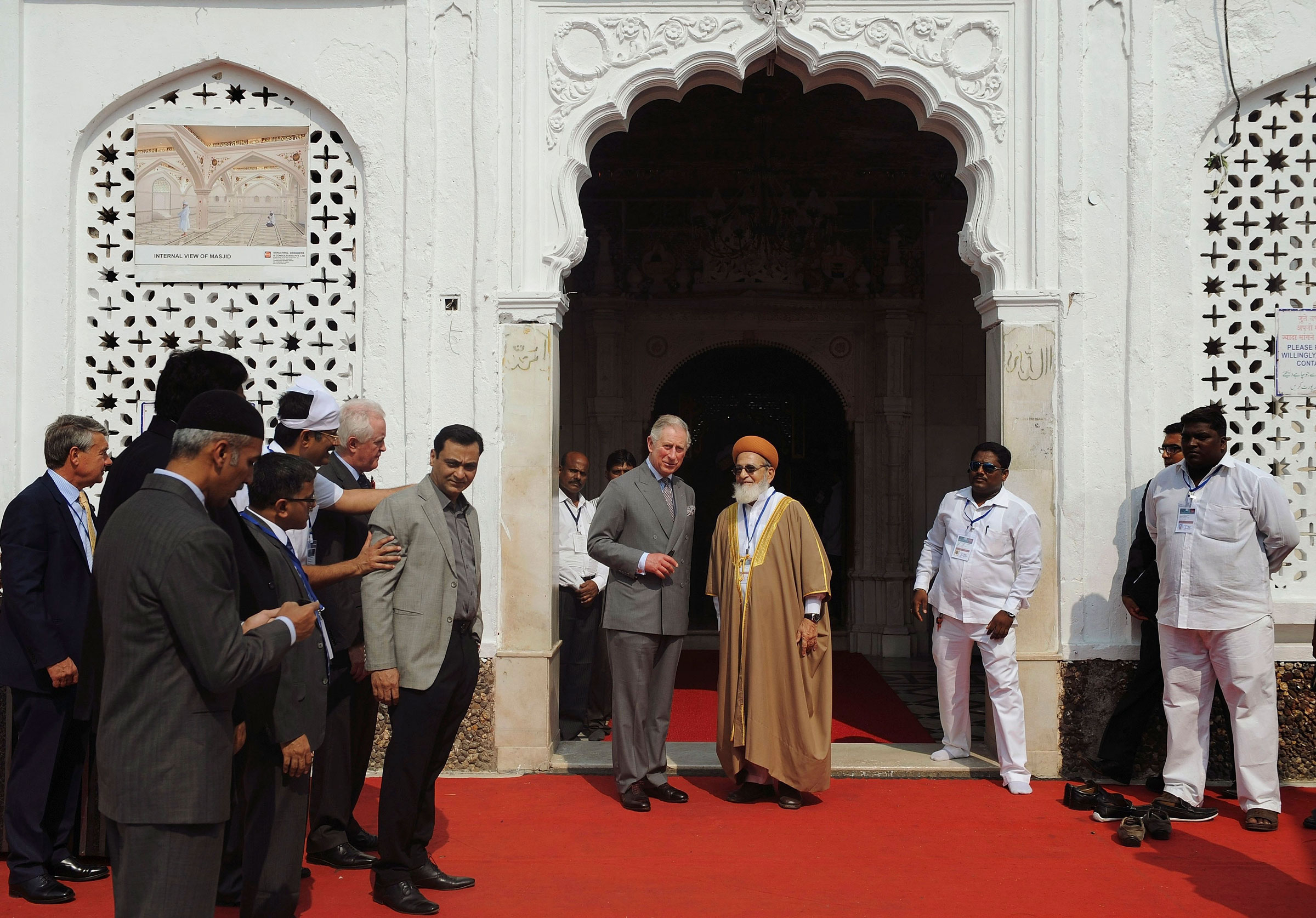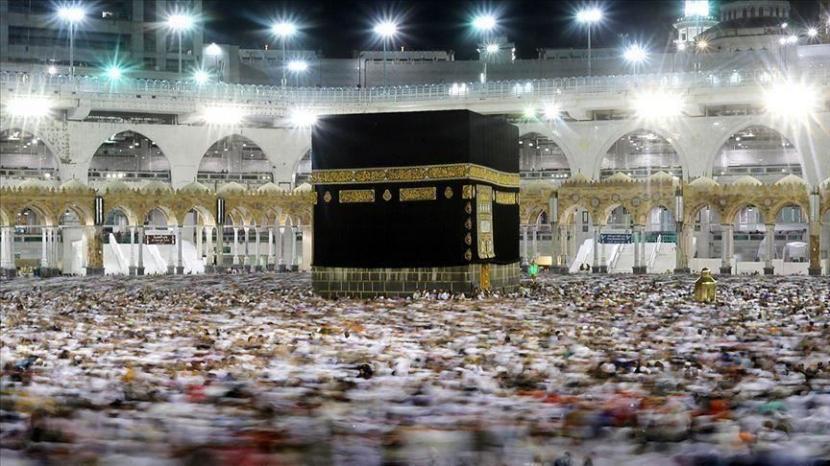Haji is an honorific title given to a Muslim person who has successfully completed the Hajj, the annual pilgrimage to Mecca in Saudi Arabia. The Hajj is one of the Five Pillars of Islam, which are the fundamental practices that all Muslims are required to fulfill in order to live a devout and meaningful life.
The Hajj is a physically and emotionally demanding journey that involves a series of rituals and practices that are intended to bring the pilgrim closer to God. It includes the Tawaf, which is the circumambulation of the Kaaba, the holiest site in Islam; the Sa'i, which is the walking between the hills of Safa and Marwah; and the standing on the plain of Arafat, where Muslims pray and meditate.
The Hajj is an important spiritual journey for Muslims, as it allows them to demonstrate their devotion to God and to reaffirm their commitment to living a virtuous and faithful life. It is also a time for Muslims to come together in solidarity, as the Hajj is attended by millions of Muslims from all over the world.
In addition to the spiritual significance of the Hajj, it is also an important cultural event that helps to preserve the traditions and practices of Islam. The rituals and practices of the Hajj have been passed down from generation to generation, and they provide a sense of connection to the past and to the wider Muslim community.
To be given the title of Haji is a great honor in many Muslim communities, as it signifies that the person has completed one of the Five Pillars of Islam and has demonstrated their devotion to God. It is a mark of respect and reverence, and it is often accompanied by a sense of pride and accomplishment.
In conclusion, Haji is an honorific title given to Muslims who have completed the Hajj, the annual pilgrimage to Mecca. The Hajj is an important spiritual and cultural event that helps to preserve the traditions and practices of Islam, and it is a mark of devotion and commitment to living a virtuous and faithful life.








/cdn.vox-cdn.com/uploads/chorus_asset/file/7054893/GettyImages-93497054.jpg)
